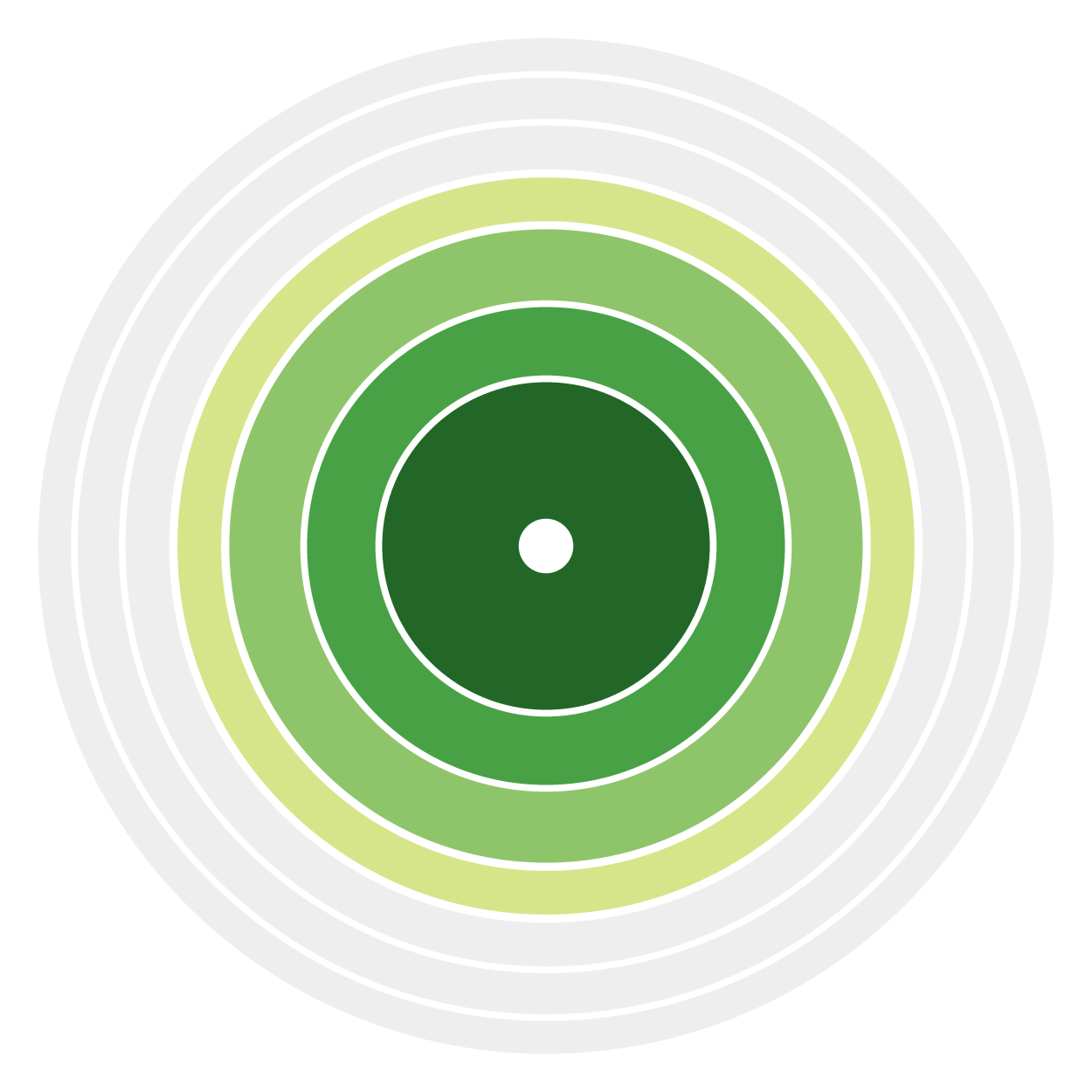Japanese vocabulary organized by JLPT level
Wikipedia JLPT N1 Vocab 3001-3100
QUICK STUDY
FLASHCARDS
DOWNLOAD
Most common form: しまう
'u' godan verb, transitive verb
1. to finish; to stop; to end; to put an end to; to bring to a close (often written with kana only)2. to close (a business, etc.); to close down; to shut down; to shut up (often written with kana only)
(click the word to view an additional 2 meanings and 4 forms, examples and links)
'na' adjective, adverb, noun, 'suru' verb
1. loose; baggy (see also: ぶかぶか, ゆったり, たぶたぶ; onomatopoeic or mimetic word)2. overflowing; brimming (onomatopoeic or mimetic word)
(click the word to view an additional 1 form, examples and links)
Most common form: 都て
2. never yet; never before; first time; still not happened (used with neg. verb; often written with kana only)
(click the word to view an additional 4 forms, examples and links)
Most common form: しゃべる
'ru' godan verb, intransitive verb
to talk; to chat; to chatter (often written with kana only)(click the word for examples and links)
Most common form: 轉任
noun, 'suru' verb
change of post(click the word to view an additional 2 forms, examples and links)
noun, 'suru' verb
packing; baling; crating(click the word to view an additional 2 forms, examples and links)
noun, 'suru' verb
working together; (husband and wife) earning a living together(click the word for examples and links)
noun, 'suru' verb, 'no' adjective
distillation(click the word to view an additional 2 forms, examples and links)
'ru' godan verb, intransitive verb
to hinder; to interfere with; to affect; to do one harm; to be harmful to(click the word for useful expressions, examples and links)
2. fragile (e.g. furniture); delicate; frail
(click the word to view an additional 2 forms, examples and links)
adverbial noun (fukushitekimeishi), noun (temporal) (jisoumeishi)
in three days' time; two days after tomorrow(click the word to view an additional 1 reading and 2 forms, examples and links)
noun, 'suru' verb
not writing or contacting for a while; neglecting (failing) to write (call, visit, etc.); long silence (see also: 無沙汰)(click the word to view an additional 4 forms, examples and links)
'su' godan verb, transitive verb
1. to throw out2. to drop; to toss; to dump
(click the word to view an additional 2 meanings and 1 form, examples and links)
ichidan verb, transitive verb
1. to change; to alter2. to mistake; to make a mistake
(click the word to view an additional 2 meanings, useful expressions, examples and links)
noun
1. husband; groom2. (one's) son-in-law
(click the word to view an additional 3 forms, examples and links)
'u' godan verb, transitive verb
to sneer at; to ridicule(click the word to view an additional 3 forms, examples and links)
ichidan verb, transitive verb
to repel; to drive away; to repulse; to reject(click the word to view an additional 3 forms, examples and links)
'ru' godan verb, intransitive verb
to fail; to fall through; to blunder(click the word for examples and links)
Most common form: ごちそう
2. to treat (someone, e.g. to a meal)
(click the word to view an additional 2 forms, examples and links)
noun, 'suru' verb
paralysis; palsy; numbness; stupor(click the word to view an additional 3 forms, examples and links)
Most common form: 顧る
ichidan verb, transitive verb
1. to look back (e.g. over shoulder or at the past); to turn around2. to reflect on the past; to reconsider; to review
(click the word to view an additional 2 meanings and 2 forms, examples and links)
'ku' godan verb, intransitive verb
to run counter to; to go against; to disobey; to infringe(click the word to view an additional 2 forms, examples and links)
noun, 'suru' verb
saliva; spit; sputum(click the word to view an additional 5 readings and 2 forms, examples and links)
ichidan verb, transitive verb
1. to sink; to submerge2. to floor (an opponent)
(click the word for examples and links)
Most common form: たまらない
2. irresistible; tremendous; out of this world (often written with kana only)
(click the word to view an additional 1 meaning, examples and links)
Most common form: みっともない
shameful; disgraceful; indecent; unseemly; unbecoming; improper (often written with kana only)
(click the word for examples and links)
Most common form: めちゃくちゃ
'na' adjective, noun
1. absurd; unreasonable; nonsensical; preposterous; incoherent (often written with kana only)2. extreme; senseless; reckless; wanton
(click the word to view an additional 1 meaning and 3 forms, examples and links)
noun, noun (suffix)
1. sphere; circle; range2. category (only in the context of "category theory") (mathematics)
(click the word for examples and links)
Most common form: 芦
noun, 'no' adjective
common reed (Phragmites australis) (often written with kana only)(click the word to view an additional 1 reading and 6 forms, useful expressions, examples and links)
2. to fulfill (conditions); to meet (requirements) (esp. 適える)
(click the word to view an additional 2 forms, examples and links)
Most common form: あそこ
Rarely-used kanji form
pronoun
1. there; over there; that place; yonder; you-know-where (see also: どこ, ここ, そこ; place physically distant from both speaker and listener; often written with kana only)noun
2. genitals; private parts; nether regions (colloquialism; often written with kana only; CODE euph MISSING!; this meaning is restricted to reading あそこ, あすこ, アソコ)(click the word to view an additional 4 readings, 1 meaning and 3 forms, examples and links)
ichidan verb, transitive verb
to make something quiver; to shake; to tremble; to vibrate(click the word for examples and links)
noun, 'suru' verb
scorn; disdain; contempt(click the word to view an additional 1 form, examples and links)
Most common form: むちゃくちゃ
1. nonsensical; unreasonable; absurd; unrealistic (often written with kana only; yojijukugo)
2. awfully; extremely; to excess; senseless; reckless (often written with kana only)
(click the word to view an additional 2 meanings and 2 forms, examples and links)
Most common form: ごまかす
'su' godan verb, transitive verb
1. to deceive; to falsify; to misrepresent; to cheat; to swindle; to tamper; to juggle; to manipulate (often written with kana only)2. to dodge; to beg the question (issue, difficulties) (often written with kana only)
(click the word to view an additional 1 meaning and 5 forms, examples and links)
noun, 'suru' verb
1. open-air fire (e.g. for garden refuse); bonfire2. open fire (e.g. in a kitchen)
(click the word to view an additional 2 forms, examples and links)
Most common form: つぶやく
2. to tweet (Twitter) (often written with kana only)
(click the word for examples and links)
'ru' godan verb, transitive verb
to be out of; to have no more at hand(click the word for examples and links)
ichidan verb, intransitive verb
to be amazed; to be shocked; to be astonished; to be astounded; to be disgusted; to be exasperated(click the word to view an additional 2 forms, examples and links)
'ru' godan verb, transitive verb
1. to perceive; to sense; to discern2. to understand; to comprehend; to realize
(click the word to view an additional 1 meaning and 2 forms, examples and links)
ichidan verb, intransitive verb
1. to learn by experience; to learn one's lesson; to learn the hard way2. to have enough (of); to be disgusted with
(click the word for examples and links)
'ku' godan verb, intransitive verb
to sigh; to lament; to grieve(click the word to view an additional 1 form, examples and links)
Most common form: かけっこ
noun, 'suru' verb
(foot) race; sprint (see also: 駆けっくら; colloquialism; often written with kana only)(click the word for examples and links)
Most common form: 茫然
dumbfounded; overcome with surprise; in blank amazement; in a daze
(click the word to view an additional 4 forms, examples and links)
'ku' godan verb, intransitive verb
to be confused; to be flustered; to be at a loss (see also: まごまご; often written with kana only)(click the word to view an additional 1 form, examples and links)
Most common form: わがまま
'na' adjective, noun
1. selfishness; egoism; self-indulgence; wilfulness; willfulness (often written with kana only)2. disobedience (often written with kana only)
(click the word to view an additional 1 meaning and 5 forms, examples and links)
adverbial noun (fukushitekimeishi), noun (temporal) (jisoumeishi)
two days before yesterday; three days back (ago) (yojijukugo)(click the word to view an additional 2 readings and 2 forms, examples and links)
Most common form: さかのぼる
2. to go back (in time, to origin); to date back to; to trace back to; to make retroactive (often written with kana only)
(click the word to view an additional 4 forms, examples and links)
Most common form: あえて
1. purposely (of something needless, unexpected or seemingly counterproductive, etc.); daringly (doing something); deliberately; intentionally (often written with kana only)
2. not necessarily; not particularly; not especially (used with neg. verb; often written with kana only)
(click the word to view an additional 1 meaning and 2 forms, examples and links)
'su' godan verb, transitive verb
to tear off; to peel off; to rip off; to strip off; to skin; to flay; to disrobe; to deprive of; to detach; to disconnect (often written with kana only)(click the word to view an additional 1 reading and 3 forms, examples and links)
Most common form: たやすい
easy; simple; light (often written with kana only)
(click the word to view an additional 2 forms, examples and links)
Kanshudo is your AI Japanese tutor, and your constant companion on the road to mastery of the Japanese language.
To get started learning Japanese, just follow the study recommendations on your Dashboard.
You can use Quick search (accessible using the icon at the top of every page) to look up any Japanese word, kanji or grammar point, as well as to find anything on Kanshudo quickly.
For an overview, take the tour.




